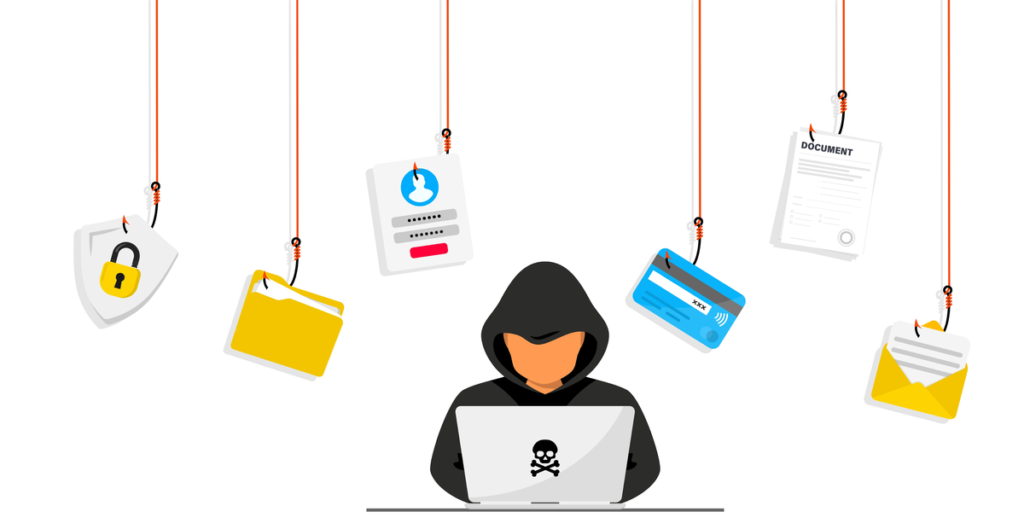Last Updated on February 14, 2024 by Lifevif Team and JC Franco

We all love to get our daily fix of social media, but while we are scrolling around, liking and commenting on posts, are we truly aware of all the disadvantages, drawbacks, and risks we are opening ourselves up to? Social media is not all that it seems. We know it’s a great boredom buster, and we know it passes the time, but what we don’t know about it is how much negativity it can bring into our lives.
Social media is a sign of the times. Nearly every single human on the planet with a mobile phone has access to one or more social media platforms. How you use those platforms will determine how relevant the below-mentioned disadvantages are to your life. If you’re a social media junkie and want to make sure you are aware of all of the risks and downsides, read on.
In a world where everyone is online, it’s hard to say that you will exclude yourself from social media. We live in a time where business cards are almost obsolete because “find me on social media” is just a whole lot easier. If you haven’t really given much thought to the various disadvantages and downsides of social media, perhaps now is a good time to start.
15 risks, drawbacks, and disadvantages of using social media:
Table of Content
Toggle1. Promotes unhealthy social laziness.
When you get caught up in social media, it can rob you of the desire to actually go out and see people. Connecting with people just seems far less hassle if you can do it from home while lying on the couch in your PJs, doesn’t it? If you start spending too much time on social media, you might start to get lazy with your social outing schedule.
2. Lacks real emotional connection.
While communicating and networking online is convenient, as well as fun, it removes an important element of communication, and that’s the element of real emotional connection. When you are online, you can relay emotional feelings that are not real or that are overstated, and that can lead to emotional confusion and a sense of never truly connecting with anyone.
3. Cyberbullying.
Being bullied by people in everyday life on a face-to-face basis does happen, but far less than it does online. Cyberbullying has become a problem for many people, which has led to children and teens even taking their own lives. Cyberbullying happens predominantly on social media with the intention to hurt someone or break them down.
4. Provides “safety” to be hurtful or rude.
Have you ever read a comment or post online and wondered if the poster would actually say those words in real life in a face-to-face scenario? Social media has created a culture of people feeling safe hiding behind their keyboards and screens where they post and comment things that are hurtful, rude, and even untrue.
5. Creates an unrealistic idea of society and the people around us.
When you spend time scrolling through social media posts, you tend to only see the edited versions of people’s lives. You see beautifully edited and filtered profile pictures and videos, and it creates a skewed sense of reality. Many people find themselves comparing their personal appearance, achievements, family life, and more with those they see on social media.
6. Reduces the ability to be thoughtful or take the time to understand things.
Do you know what you are doing when you mindlessly scroll past content on social media? You are teaching your brain to become blasé about the information that is presented to it. The brain learns that it’s not necessary for you to understand things or be thoughtful. How many times have you seen content that you have ignored? Or started reading a post and decided that it’s too much effort, so just abandoned it? That’s very telling.
7. Provides a platform for adultery.

Many people find themselves cheating on their partners as a result of an “innocent online friendship” that got out of hand. Social media makes it easy for someone to send a message to anyone, regardless of whether they are in a marriage or not. Cheating and hiding it has become a lot easier thanks (or no thanks) to social media. Too much time connecting socially online could put your relationship in danger.
8. Creates discomfort with real-life face-to-face connections.
The more time we spend online, the less comfortable we might become with real face to face interactions. Being socially comfortable doesn’t come easily to everyone, and if you are the type that doesn’t feel naturally comfortable in social settings, this could exacerbate those negative feelings for you.
9. Leads to one being self-absorbed or self-obsessed.
Social media encourages us to glorify ourselves and our lives. It teaches us to promote ourselves. If you find yourself taking excessive selfies or striking poses and pouting at every photo opportunity, you might be a victim of this very downside.
10. Promotes unhealthy obsessive behavior.
Social media puts people’s lives on display in a way that can be both good and bad. It’s nice to know what is happening in the lives of our friends and families, but we can take advantage of the opportunity to obsessively visit the social media profiles of our ex-partners, their partners, people we feel threatened by, and so on.
11. Reduces productivity.
So much happens on social media on a daily basis that people tend to get distracted by it. Why process accounts when you can while away a few hours looking at everyone’s weekend posts? Is that deadline really that pressing when your best friend’s baby gender unveil party pictures have just been uploaded? As long as social media is accessible in the workplace, employees will be far less productive than they could be.
12. Wastes time.
Got things to do but still spend at least 2 hours a day on social media? What a waste! We all do it. We scroll through social media instead of reading a book, studying a course, or actually checking in with family and friends.
13. Scrolling social media is addictive.
A very interesting article published by Addiction Center states the following verbatim; “Due to the effect that it has on the brain, social media is addictive both physically and psychologically. According to a new study by Harvard University, self-disclosure on social networking sites lights up the same part of the brain that also ignites when taking an addictive substance”. That’s surprising, isn’t it? You might just be addicted!
14. Increased risk of having your identity stolen and your accounts hacked.

Spending a lot of time on social media probably means that you post personal information about yourself. How careful are you about sharing your personal particulars? A cybercriminal can use your social media profile to get your full name, your address, clues as to what your passwords might be, your friends list, and more. You could become an unwitting victim of a scam or identity theft.
15. Personal safety risk.
Did you know that sometimes, unless you disable the feature, when you post an image online, the location is hidden in the image? This can tell people exactly where you are at the time of taking and posting the picture. Such personal safety risks have led to people being kidnapped or being attacked.
Last Word
When you are spending time on social media, you may overlook the various risks that come with it. It’s fun and it’s a time-waster…you are too entertained and too pre-occupied to notice the negative impact it is having on you and your life – until it’s too late. If you would like to make sure that you don’t face these particular risks and downsides, look into safe online habits and limit the amount of time you spend on social media. There’s so much more to life than just staring at a screen!
This article was co-authored by our team of in-house and freelance writers, and reviewed by our editors, who share their experiences and knowledge about the "Seven F's of Life".
-
Lifevif Team
-
Lifevif Team
-
Lifevif Team
-
Lifevif Team
-
Lifevif Team
-
Lifevif Team
-
Lifevif Team
-
Lifevif Team
-
Lifevif Team
-
Lifevif Team
-
Lifevif Team
-
Lifevif Team
-
Lifevif Team

JC Franco
JC Franco is a New York-based editor for Lifevif. He mainly focuses on content about faith, spirituality, personal growth, finance, and sports. He graduated from Mercyhurst University with a Bachelor’s degree in Business, majoring in Marketing. He is a certified tennis instructor who teaches in the New York City Metropolitan area. In terms of finance, he has passed the Level I exam of the CFA program.
